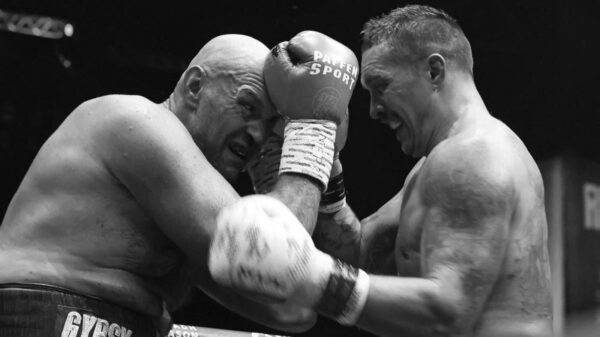The baseball world lost a legend who cast one of the longest shadows the sport has ever seen on Monday. Pete Rose has died at the age of 83. What he leaves behind is a long and complicated legacy, a polarizing dossier that includes a litany of things, but “baseball Hall of Famer” is not one of them.
The Reds’ announcement of Rose’s death included the phrase “The Hit King.”
While there is so much more to Rose’s life, his baseball legacy basically boils down to those two things. No. 1, he is the all-time hits leader and his fans simply call him The Hit King. And No. 2, he is not in the Baseball Hall of Fame.
Rose’s Hall of Fame case would be pretty open and shut without the off-field baggage, which we’ll get to. He was a 17-time All-Star and won both a Rookie of the Year and MVP. He won three batting titles and led the league in on-base percentage twice. He played on winners, too, making the playoffs in eight different seasons, winning three World Series rings and taking the 1976 World Series MVP. In his 67 career postseason games, he hit .321 with more walks than strikeouts.
Over the course of Rose’s 24 years as a player, he compiled more games, plate appearances, at-bats and hits than anyone else. He ended with 4,256 hits, a record that feels right now that it’ll never be touched. He had 746 doubles (second all-time) and 2,165 runs scored (sixth).
Rose was also a player-manager for the last three years of his playing career.
Of course, we now know that during those years Rose was gambling on baseball. He’s admitted as much. He gambled on Reds games and has maintained that he only bet on his own team to win. Still, gambling on baseball is forbidden by the league and carries with it a permanent ban from baseball.
As such, Rose was permanently banned from baseball. With that ban, the Baseball Hall of Fame decided to leave Rose off any ballots and he hasn’t had a chance with the voters, whether the BBWAA or a veteran’s committee.
Even if Rose were eligible for the Hall of Fame, it’s possible to argue that the so-called “character clause” should be invoked to leave Rose out. From the official Hall of Fame voting rules:
Voting shall be based upon the player’s record, playing ability, integrity, sportsmanship, character, and contributions to the team(s) on which the player played.
It could certainly be argued that betting on baseball while a manager violates the “integrity” and “character” mentions in there. Remember, the Black Sox scandal — where a group of players was paid to throw the World Series — nearly ended the sport. The rules had been clear for decades that any team personnel was forbidden from gambling on the sport. Rose knew this and did it anyway.
Still, many people remain steadfast that Rose has been cast aside by baseball and merits induction into the Hall of Fame.
If anything, this hardline stance from Major League Baseball and the Hall of Fame has only increased Rose’s fame and intensified the love for him by his fans. “Charlie Hustle deserves to be in the Hall of Fame!” they’ll argue. “Look at all those hits!” For some, on the field is all that matters.
The legacy gets more complicated past the gambling, too. There have been statutory rape allegations. He was sentenced to five months in prison for tax evasion. Remember, he maintained that he never bet on the years for years before finally relenting and admitting that he had been lying and he actually did bet on the Reds — but only to win. There have been arguments made that by betting on his team to only win certain games stained the sport. That is to say, wouldn’t he be managing harder to win when he bet on his team and, for example, use all his best relievers, only to dial it back just a bit when he didn’t place a wager? It’s a problem to even entertain such circumstance.
Supporters have largely been unmoved by any of the negatives over the years. The on-field Rose is the one they choose to remember and love: Charlie Hustle was a winner who compiled more hits than anyone else in MLB history.
More than anything else, Rose’s legacy in baseball is the sum of two parts.
Read the full article here























































